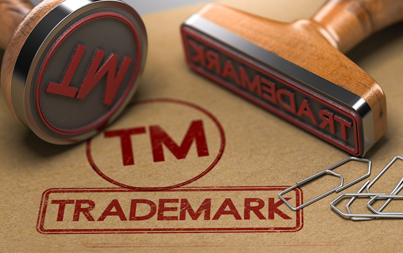
The recent advancements in technology and innovation, the European Union’s approval of the world’s inaugural regulations on artificial intelligence (AI) represents a significant leap forward. This landmark decision comes at a time of heightened concerns surrounding the swift progression of AI technology and its potential implications for humanity. The AI Act is designed to address these concerns by implementing regulations that are tailored to the “potential risks and level of impact” associated with various AI applications. Of particular focus are AI systems utilized in critical infrastructure or medical devices, which will be subjected to stricter regulatory oversight to ensure safety and ethical usage.
In parallel, India has also been making strides in the field of AI regulation. The country recently introduced its National Strategy for Artificial Intelligence, which outlines a comprehensive framework for the responsible adoption and deployment of AI technologies. With a rapidly growing tech industry and a vast pool of talent, India aims to leverage AI to address various societal challenges while ensuring ethical and inclusive development.
Additionally, in the realm of autonomous driving technology, Indian startups are emerging as key players. Companies like Ola Electric and Ather Energy are pioneering the development of electric vehicles and autonomous driving systems tailored to the Indian market. These efforts align with India’s ambitious goals to transition to electric mobility and reduce carbon emissions.
Amidst these advancements, Waymo’s upcoming launch of its robotaxi service in Los Angeles serves as a global benchmark for autonomous vehicle deployment. Despite the challenges faced by the self-driving industry, including regulatory hurdles and technological complexities, Waymo’s continued progress underscores the transformative potential of autonomous driving technology.
These recent developments underscore the ever-evolving scenario of, entrepreneurship, and technological innovation not only in Europe but also in India and beyond. As countries around the world navigate the opportunities and challenges posed by emerging technologies, collaborative efforts in regulation, research, and industry partnerships will be essential to realizing the full potential of AI and autonomous driving for societal benefit.
In conclusion, the recent developments in AI regulation and autonomous driving technology present both opportunities and challenges from both business and legal perspectives. From a business angle, these advancements offer the potential for increased efficiency, productivity, and market competitiveness. Companies operating in these sectors must navigate regulatory frameworks to ensure compliance while capitalizing on the innovative potential of AI and autonomous driving.
From a legal standpoint, the emergence of comprehensive regulations governing AI and autonomous vehicles signifies a crucial step towards establishing clear guidelines for industry players. This clarity can mitigate legal uncertainties, reduce liability risks, and foster a conducive environment for investment and innovation. However, businesses must remain vigilant in understanding and adhering to these regulations to avoid potential legal repercussions.
As the global arena of AI and autonomous driving continues to evolve, collaboration between businesses, policymakers, and legal experts will be paramount. Together, we can resolve the complexities of regulation, seize opportunities for growth, and ensure that technological advancements are deployed responsibly and ethically. By striking a balance between innovation and compliance, businesses can drive forward progress while mitigating legal risks and contributing to the advancement of society as a whole.










